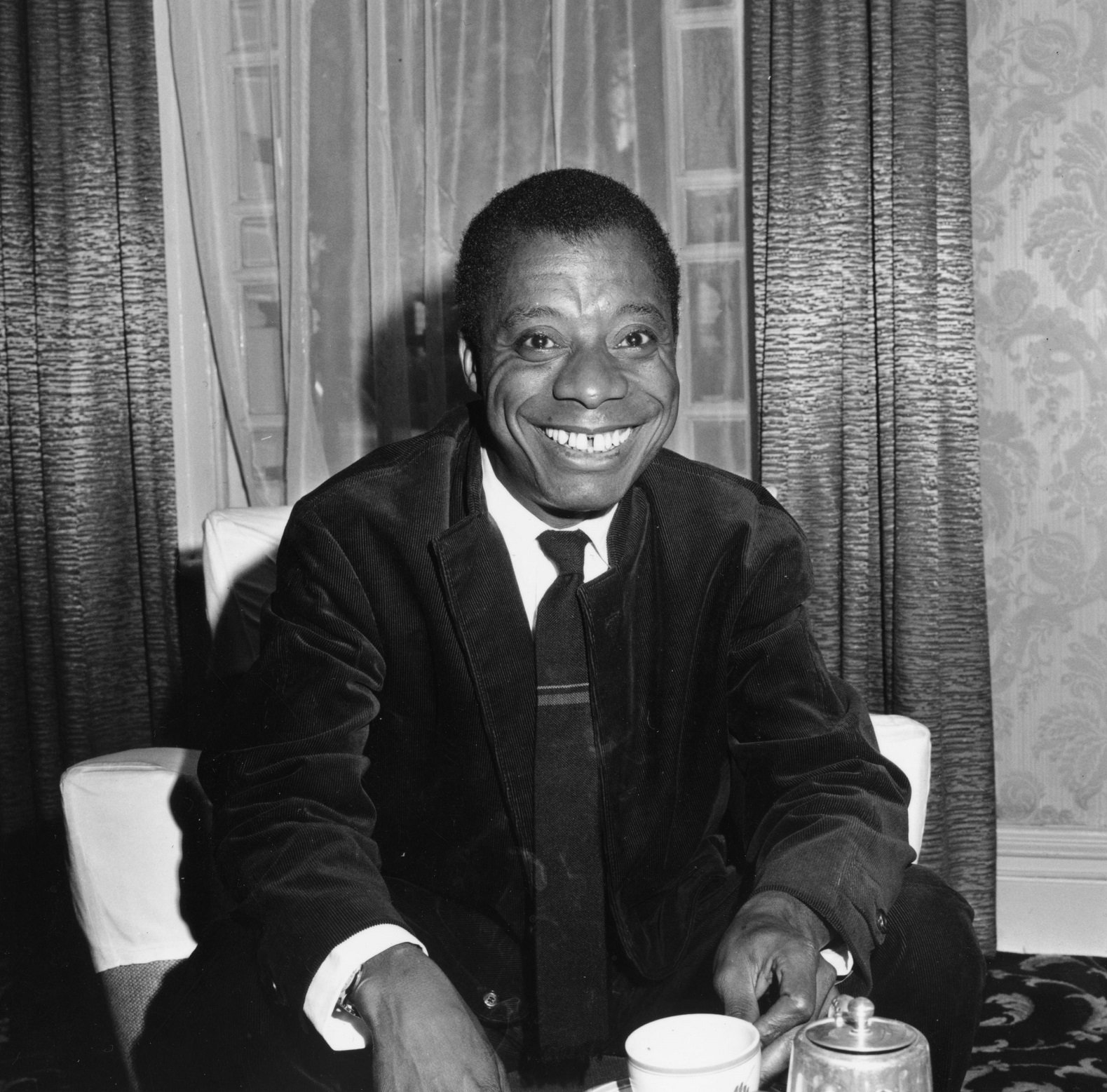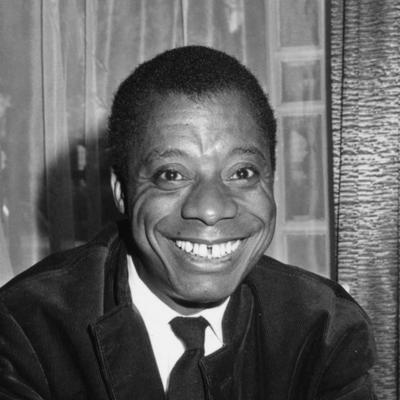What is James Baldwin's Net Worth?
James Baldwin was an American writer and activist who had a net worth of $100,000 at the time of his death in 1987. James Baldwin authored various novels and essays on race, class, sexuality, and masculinity in the 20th century.
Early Life
Baldwin was born on August 2, 1924, in New York City to Emma Berdis Jones in Harlem. Jones, a single mother, raised Baldwin until she married David Baldwin, a laborer, and Baptist preacher, in 1927. Baldwin took his stepfather's last name and grew up with his eight half-siblings. Baldwin's passion for books and films caused friction with his stepfather.
From an early age, Baldwin worked to support his family. His writing talent was recognized by teachers, and he became a voracious reader. By fifth grade, he was reading works by Dostoyevsky and Dickens. While in middle and high school, Baldwin met cultural influencers Herman "Bill" Porter and Countee Cullen.
In 1938, he was accepted at De Witt Clinton High School in the Bronx. There, he worked on the school magazine and began publishing his early prose and poetry. Baldwin also became involved in religion and started preaching at various Pentecostal churches in New York.
After leaving school in 1941, Baldwin worked various laboring jobs while nurturing his desire to write. He became part of the New York art scene, getting published in "The Nation" and various literary journals. His works were well-received.

(Photo by Jenkins/Getty Images)
Career
Frustrated by the racism in New York, Baldwin moved to Paris at the age of 24. In Paris, he immersed himself in the radical cultural scene of the Left Bank and built a large social circle including Jean-Paul Sartre, Truman Capote, Max Ernst, and Simone de Beauvoir. The nine years in Paris saw the publication of early works like "The Negro in Paris" and "The Death of the Prophet." His first novel, "Go Tell It on the Mountain," was published in 1953, followed by "Giovanni's Room" in 1956.
Baldwin returned to New York in 1957, diving into the Civil Rights movement. He published notable works such as "Another Country" (1962) and "Tell Me How Long the Train's Been Gone" (1968). His final two novels, "If Beale Street Could Talk" and "Just Above My Head," were released in 1974 and 1979, respectively. Throughout his career, Baldwin continued writing essays, short stories, plays, and collaborative works.
Baldwin's writings eloquently addressed the pain and frustration of racism in the United States. He was influenced by prominent figures like painter Beauford Delaney, Richard Wright, Lucien Happersberger, Nina Simone, Maya Angelou, and Langston Hughes.
Personal Life and Death
Baldwin struggled with openly expressing his sexuality, which often conflicted with the civil rights movement's attitudes towards gay individuals. Despite this, he maintained meaningful romantic relationships, particularly with Lucien Happersberger.
Baldwin eventually returned to France, living most of his remaining life there. He died from stomach cancer on December 1, 1987, in Saint-Paul de Vence, France. Baldwin was buried in New York City. At the time of his death, he was working on a manuscript titled "Remember This House." This manuscript was later adapted into the 2016 documentary film "I Am Not Your Negro," directed by Raoul Peck.
Baldwin's legacy continues to thrive. His works are widely studied in schools and universities, and he remains a revered figure in American literature. In 2019, his former New York residence received landmark designation, and he was inducted into the National LGBTQ Wall of Honor at the Stonewall National Monument. In 2021, Paris City Hall named a media library after him in the 19th arrondissement.
South of France Property
From 1970 until his death in 1987, Baldwin lived in a garden home in Saint-Paul de Vence, on the Côte d'Azur. He rented the house under an arrangement with the landowner, Jeanne Faure, aiming to eventually buy it. After Faure's death, a legal battle ensued involving Baldwin's heirs, Faure's heirs, and Faure's housekeeper. In 2007, a French court awarded the property to the housekeeper, who claimed Faure had bequeathed it to her.








